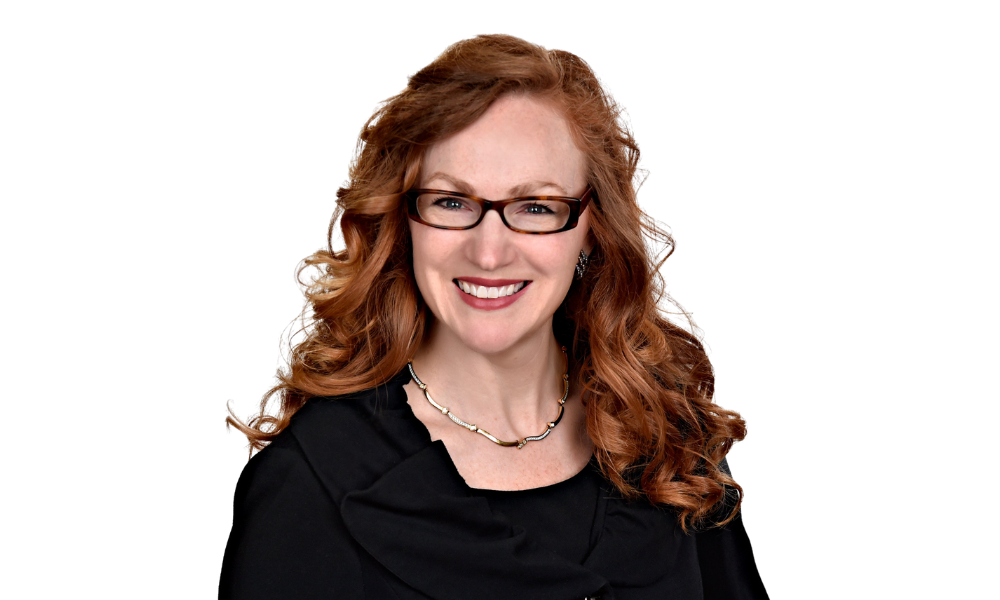With growing ESG awareness and assets, responsible investment specialist says clients are demanding more accountability

Amid a years-long increase in both investor awareness and assets in responsible investing, one leading advisor says conversations around the topic have gotten easier – in some ways.
"Investor awareness about responsible investing, in all its various forms, is greater than it has ever been," says Sonia LeRoy, senior wealth advisor and Responsible Investment Specialist at LeRoy Wealth Management with IPC Securities.
“There seems to be such a widespread awareness now that responsible investing is an option, a way to invest,” LeRoy says. “I no longer find myself really needing to introduce RI as an investment concept.”
RI literacy on the rise
In the 2023 Canadian Responsible Investment (RI) Trends report, published by the Responsible Investing Association (RIA), just over one third of respondents from across Canada’s RI industry (37%) said greater public awareness of ESG issues is driving growth in the sector.
The report also showed a clear long-term growth trend in RI across Canada. From $460 billion in 2006, it said assets invested in RI strategies reached a peak of $3.1 trillion in 2019. The past few years have seen RI assets hovering around the $3-trillion mark, with a slight dip to $2.9 trillion in 2022 as economic challenges dragged on markets.
While investors have become more generally aware of responsible investing as a topic, LeRoy says they’ve also gotten more sophisticated. At her practice, she says her clients have become more likely to recognize the nuances of ESG and responsible investing, particularly with respect to the different methodologies that asset managers and rating agencies might adopt.
"My process and researching and understanding these nuances hasn't changed. But in dealing with clients, I'm having many more detailed conversations than in the past," she says. “I think that's a good thing because the more responsible investing financial literacy awareness there is out there, the better."
‘You need to dig into the weeds’
With more RI awareness within her practice and beyond, LeRoy says transparent reporting and disclosures have become more crucial than ever. Beyond just divesting from so-called “sin stocks,” she says a growing cohort of investors is realizing the importance of ESG integration in the investment process, leading to greater scrutiny.
"Transparency has become more and more important; greenwashing has grown into more of a concern,” she says. “We’ve discovered there’s an awful lot of missing reporting and a lack of standardization.”
In the RIA’s 2023 survey, two thirds of respondents (64%) cited mistrust and concerns about greenwashing as a deterrent to growth in responsible investing, making it the top hindering factor to RI growth. Coming in as a close second was lack of standardized ESG disclosure frameworks/standards, which was flagged by 57% of respondents.
“The industry really has to get its act together in terms of improving standardization and frameworks,” LeRoy says. “I think better standardization would definitely make it easier for investors to invest responsibly.”
Along with the growing clamour for transparency, she says there’s greater expectations among investors for companies to authentically deliver on their ESG rhetoric.
Earlier this month, shareholder advocacy group Investors for Paris Compliance (I4PC) filed a complaint with the Ontario Securities Commission (OSC) and the Autorité des marchés financiers (AMF). It called on the provincial regulators to investigate whether Canada’s biggest banks – RBC, TD, CIBC, Scotiabank and BMO – misled investors on how seriously they’re taking climate risks.
Aside from urging regulators to look into the accuracy of their sustainable finance disclosures, the group suggested the banks’ sustainable finance departments might not be as impactful in reducing the larger impact of emissions as investors are led to believe.
For LeRoy, the continuing controversies around greenwashing speaks to a need for clear communication and understanding of investors’ ESG expectations.
"To some people, sustainability means no fossil fuels. To other people, it means something very, very different,” she says.
“You really need to dig into the weeds to understand the different methodologies that are being used when you're making your investment choices, otherwise, you may end up with something you don't expect."
Have a story idea or suggestion? Email [email protected].



